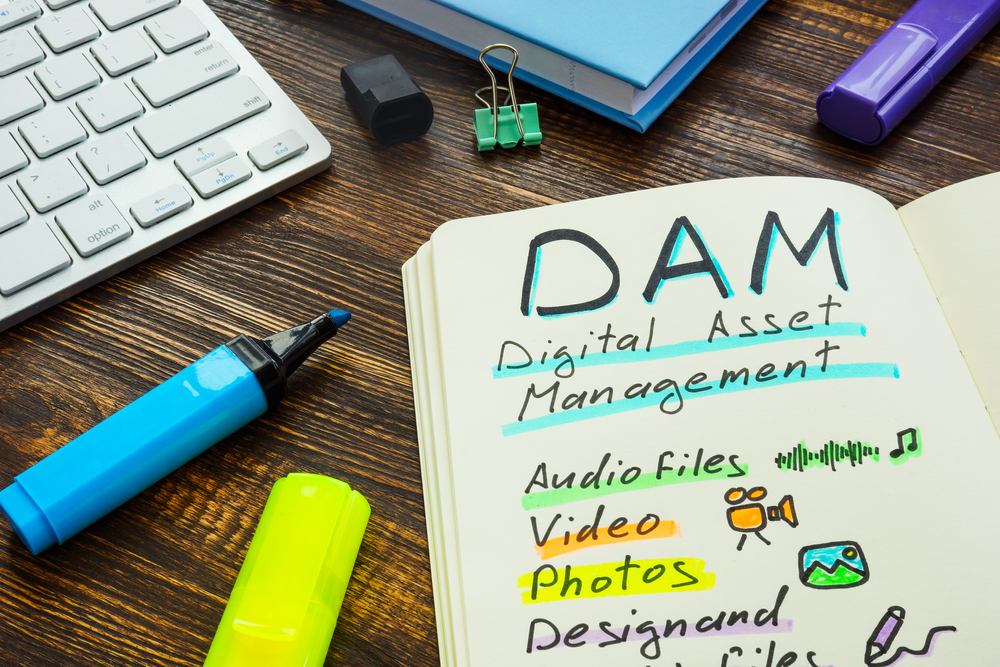Though many Americans have adequate retirement savings, many others plan to work longer – or…

Digital Afterlife: What Happens to Your Online Accounts When You Die?
When most people think about estate planning, they focus on wills, trusts, and bank accounts. But in today’s world, there’s another category of assets that often gets overlooked—digital assets. From email and social media to online banking, photo storage, and cryptocurrency, our lives are increasingly lived online. What happens to all of that when you pass away?
If you haven’t included your digital life in your estate plan, your loved ones may face confusion, delays, or worse—loss of access to meaningful or valuable information. Here’s what you need to know about digital estate planning in Florida, especially if you’re located in Melbourne, FL or the surrounding area.
What Are Digital Assets?
Digital assets include any content, information, or accounts you manage or own online. Examples include:
- Email accounts (e.g., Gmail, Outlook)
- Social media profiles (Facebook, Instagram, LinkedIn)
- Cloud storage (Google Drive, Dropbox, iCloud)
- Online banking and investment platforms
- Cryptocurrency wallets
- Subscription services (Netflix, Amazon, etc.)
- Digital photo libraries
- Blogs, websites, or online businesses
Some of these assets may have financial value, while others hold sentimental value. Either way, you should decide who should access or manage them—and how.
Why You Need to Plan for Your Digital Legacy
Without a plan, your loved ones may not even know your accounts exist, let alone how to access them. Worse, providers often have strict terms of service that prohibit unauthorized access—even by family members.
In Florida, the Florida Fiduciary Access to Digital Assets Act allows you to give a trustee, executor, or agent specific authority to access your digital assets. But you must do so explicitly in your estate planning documents.
This law—codified in Chapter 740 of the Florida Statutes—sets out how fiduciaries can access digital property while protecting your privacy. It also outlines how digital service providers must respond when proper legal authorization is provided.
What Happens If You Don’t Plan?
Let’s say you pass away without leaving behind instructions for your Gmail, Facebook, or Bitcoin wallet. Here’s what can happen:
- Email communications are lost, including records tied to finances, taxes, or business.
- Family photos stored in the cloud may be inaccessible forever.
- Cryptocurrency accounts could become unrecoverable, with no legal path to retrieve them.
- Online subscription fees may continue charging your account if no one knows to cancel them.
Many platforms have no obligation to cooperate with your loved ones unless you’ve given prior consent. Some accounts may eventually be deleted due to inactivity, but not before causing emotional stress or financial loss.
How to Include Digital Assets in Your Estate Plan
Estate planning for digital assets requires a few intentional steps:
- Inventory Your Digital Footprint
List all online accounts, websites, devices, and stored data. Include usernames, email addresses, and two-factor authentication methods (but do not include passwords directly in your will or trust).
- Name a Digital Executor
In Florida, you can appoint someone to manage your digital assets—often the same person as your personal representative or trustee. This person must be explicitly authorized in your will, trust, or power of attorney.
- Use a Secure Password Manager or Vault
Store your login credentials in a secure, encrypted platform like LastPass or 1Password. Leave instructions in your estate documents on how to access this platform.
- Update Your Legal Documents
Work with your estate planning attorney to include digital asset provisions in your:
- Will
- Revocable Living Trust
- Durable Power of Attorney
- HIPAA Release and Healthcare Surrogate forms
These documents should reference your digital executor and grant them specific authority under Florida law.
- Review Platform Tools
Some platforms (e.g., Google, Facebook) allow you to designate a legacy contact or inactive account manager. These tools can be helpful but don’t replace legal planning.
Don’t Let Your Digital Life Become a Legal Headache
At the Estate Planning & Elder Law Center of Brevard, we help individuals and families in Melbourne, FL and throughout Brevard County protect both traditional and digital assets. We understand that your digital life is an extension of your legacy—and we’re here to ensure it’s handled the way you want.
Whether you’re storing cryptocurrency, family photos, or business assets online, a solid estate plan is the only way to make sure your wishes are honored.
FAQs About Digital Estate Planning in Florida
1. What happens to digital accounts after death in Florida?
If you don’t plan for your digital assets, your loved ones may face legal and practical challenges accessing accounts like email, social media, or cryptocurrency. Florida’s Fiduciary Access to Digital Assets Act allows you to designate someone to manage digital accounts legally, ensuring they don’t become lost or inaccessible.
2. How do I include digital assets in my estate plan?
Start by creating an inventory of your digital assets, including online banking, social media, and cloud storage. Appoint a digital executor in your will or trust and grant them explicit authority under Florida law. Use tools like password managers to provide secure access instructions.
3. Why is digital estate planning important in Florida?
Without a clear plan, vital records like family photos or cryptocurrency can be lost, and terms of service agreements often block unauthorized access. Including digital assets in your estate plan ensures your legacy and digital property are preserved and accessible to your loved ones.
4. How do I secure my cryptocurrency in my estate plan?
To protect cryptocurrency, maintain a record of your wallet details and secure keys in a password manager. Explicitly name a trusted digital executor in your estate plan to manage your accounts under Florida’s legal framework, ensuring these valuable assets remain accessible after your passing.
Ready to Protect Your Digital Legacy?
We can help you create a comprehensive estate plan that covers your physical assets, your wishes—and your digital life. Call our Melbourne, FL office today to schedule a consultation.
(321) 729-0087. Serving clients throughout Brevard County from our offices in Indialantic and Viera



